

Door of mercy
The God of Christmas is a Merciful God. So must we, as His Church, as pilgrims in this great Jubilee Year of Mercy. Let our hearts be opened and transformed by His mercy.
Browse past isues
Help the mission
Support the mission
Get in touch


December 2015


The God of Christmas is a Merciful God. So must we, as His Church, as pilgrims in this great Jubilee Year of Mercy. Let our hearts be opened and transformed by His mercy.
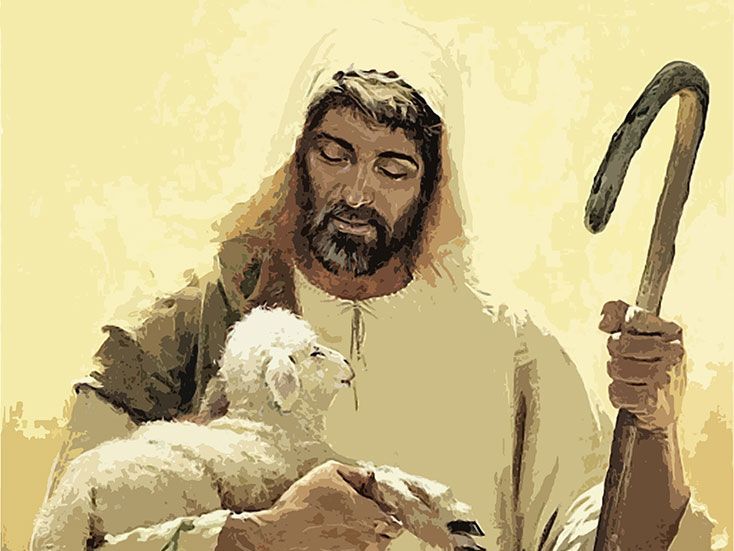

Since his election as Bishop of Rome, mercy has been the hallmark of Pope Francis’ pontificate. It seems, however, that the Holy Father has to expend a great deal of energy to demonstrate what true mercy is because many in the Church do not seem to understand or know what it is. Many mistake it as mere adherence to the law. As the Year of Mercy begins, may Catholics take up the challenge of becoming truly merciful, not by merely rendering what is just to his fellowman as ascribed by Church law, but by having a heart like Jesus’, especially to those who are hurting and wounded in the Church.
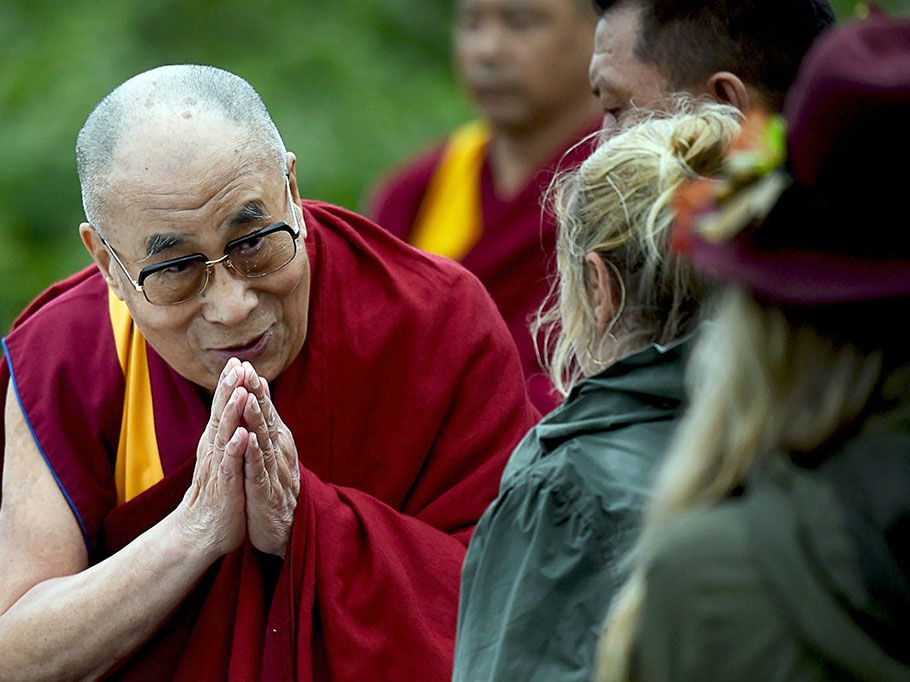

Asia is known for its rich cultural diversity as well as its myriad of religious beliefs and persuasions. In the midst of these innumerable influences, a common theme, seemingly the backbone of most of these creeds, is compassion. Be it in the writings of Buddha, the pronouncements of Confucius, the hymns in the Rig Veda, or the revelations in the Koran and the Bible, all seem to point to a compassionate Supreme Being. There is no doubt that this “Divine Compassion” is the source of the innate compassion that humans have for each other, despite the growing indifference in society today.
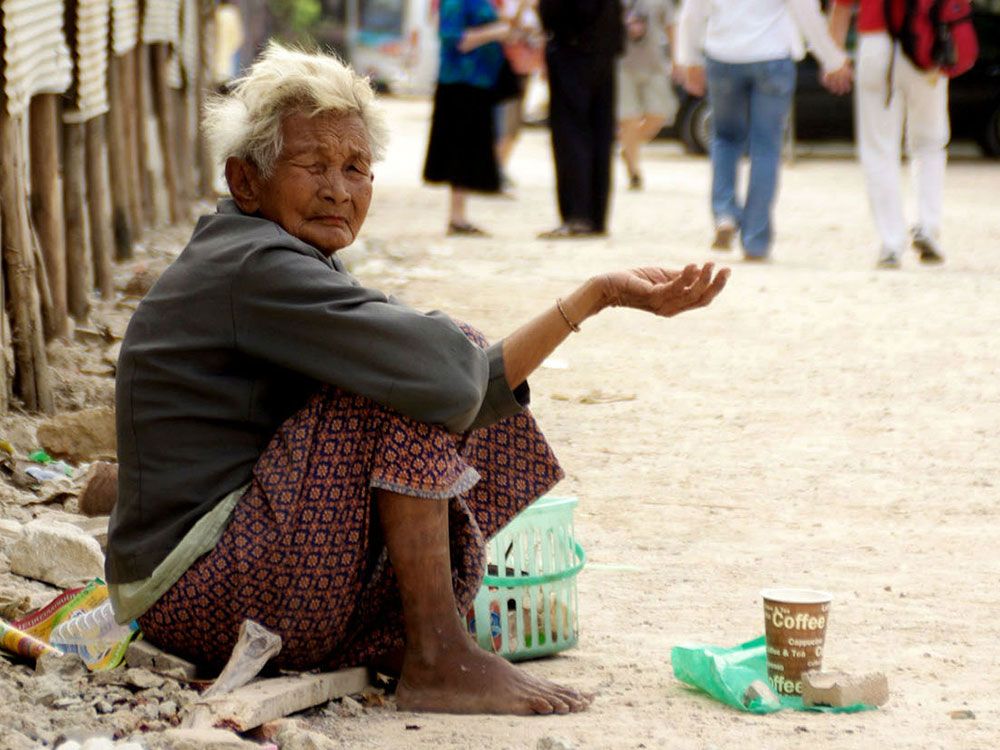

These days, newspapers and news programs are teeming with stories of indifference, cruelty, and injustice of man against his fellowman. When stories of honesty, kindness, or compassion do make it to the front pages, we hear comments like “faith in humanity is restored,” as if kindness has become a rare commodity in a society that has become hopelessly cruel. Although mankind has not turned evil, it is obviously experiencing some sort of “compassion fatigue.” A reawakening of the common understanding of compassion among diverse peoples and cultures may, therefore, be necessary to restore peace and harmony in humanity.
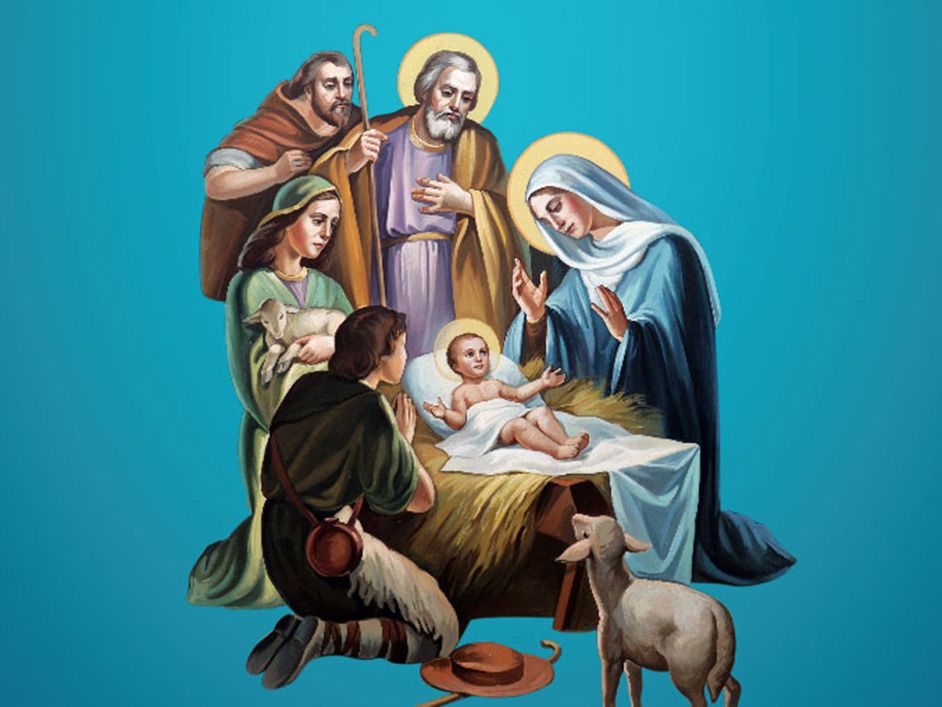

The world is a wonderful place. Our God is so good in giving it to us. But to a large extent, we have not taken good care of it, nor of each other. We have polluted the water, fouled the air and are dangerously changing the climate.
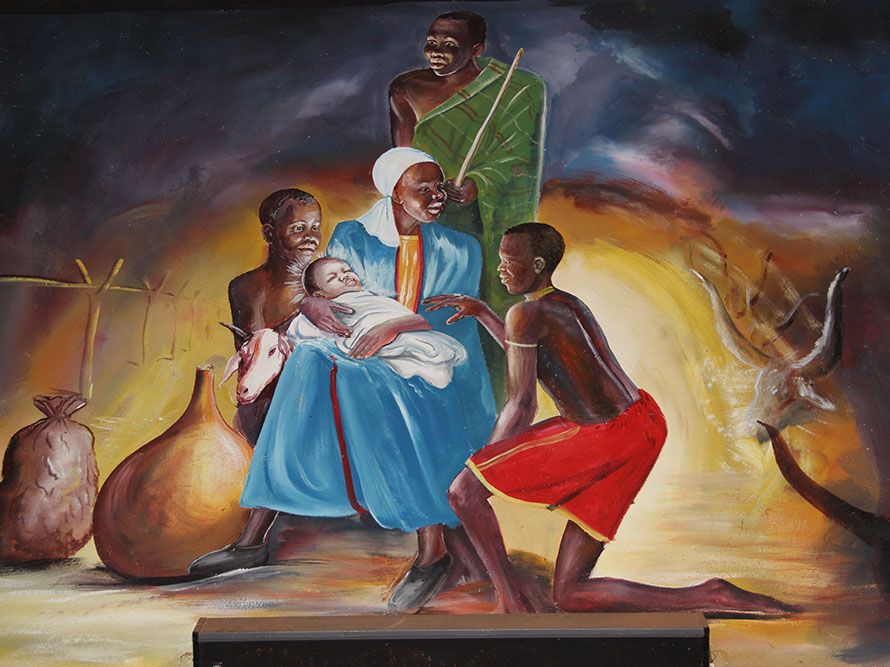

Because of the commercialization of Christmas, many tend to forget the circumstances leading up to the birth of our Savior. It involved a long and arduous journey and happened in a venue where a birth would unlikely have taken place. But it, eventually, culminated in a joyous celebration with people from different walks of life paying homage to the Christ-Child. I was fortunate to have experienced that in Kenya.


Much has been said and proposed by governments and international organizations to help curb the effects of climate change. And yet there still seems to be a palpable indifference from industries and even common folk, perhaps because the consequences are not that felt amid the comfort of urban zones. It is the rural folk and the indigenous tribes – the ones who commune with and are closest to nature – who suffer the most.


As the Church celebrates the fiftieth anniversary (1965-2015) of Ad Gentes, the Vatican II document on mission, it is enlightening to recall the evolution and content of this pivotal document within the Council; one discovers an interesting and dramatic story! The material presented here unfolds in three areas: (1) key moments of the Ad Gentes journey during the Council; (2) brief synopsis of Ad Gentes itself; and (3) recent reflections by Pope Benedict, a member of the “Missions Commission” that drafted Ad Gentes.
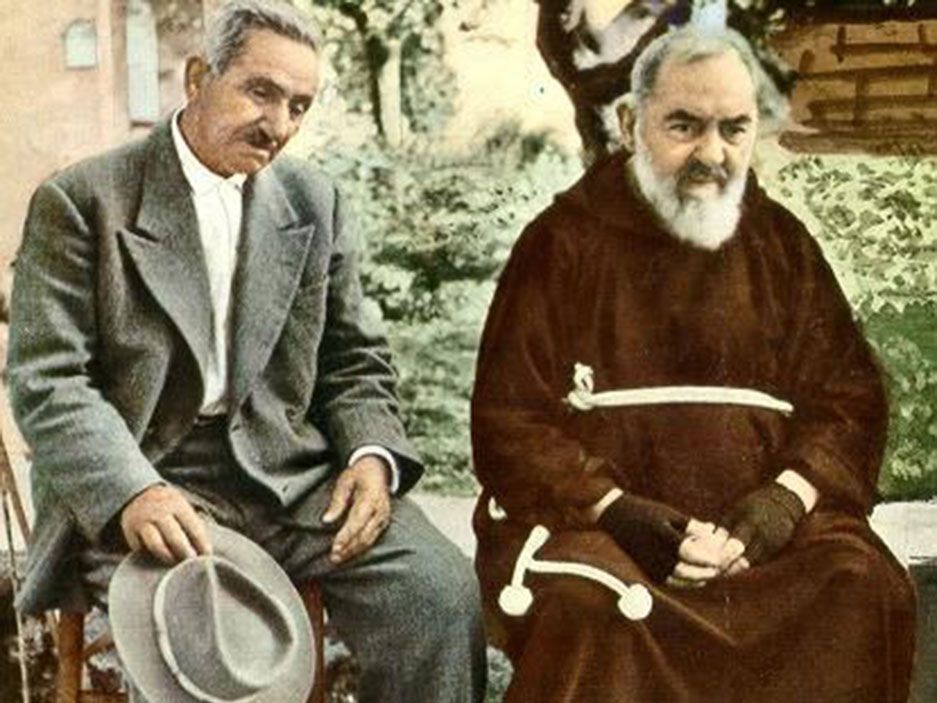

From tending sheep, God called the young Francesco Forgione (1887-1968) to the priesthood in the Franciscan tradition of the Capuchins. Gifted with an extraordinary experience of God, Padre Pio, as he started calling himself after professing his vows from his convent cell, attracted millions with his Ministry of Confession and the power of his intercession. He carried the wounds of Christ (stigmata) in his body for fifty years. Canonized by Pope John Paul II in 2002, Padre Pio is possibly the most popular miracle-worker saint ever. Pope Francis has arranged that his body be venerated in St. Peter’s Basilica during the Jubilee of Mercy.


Moses was the bridge between God and His people. Such is the vocation of each one who is called by the Lord to be a missionary; that is, to live in total solidarity with God, for whom one acts as a prophet, and with the people. The risk is the experience of “loneliness,” which is necessary to learn solidarity. Otherwise, it will be sterile.
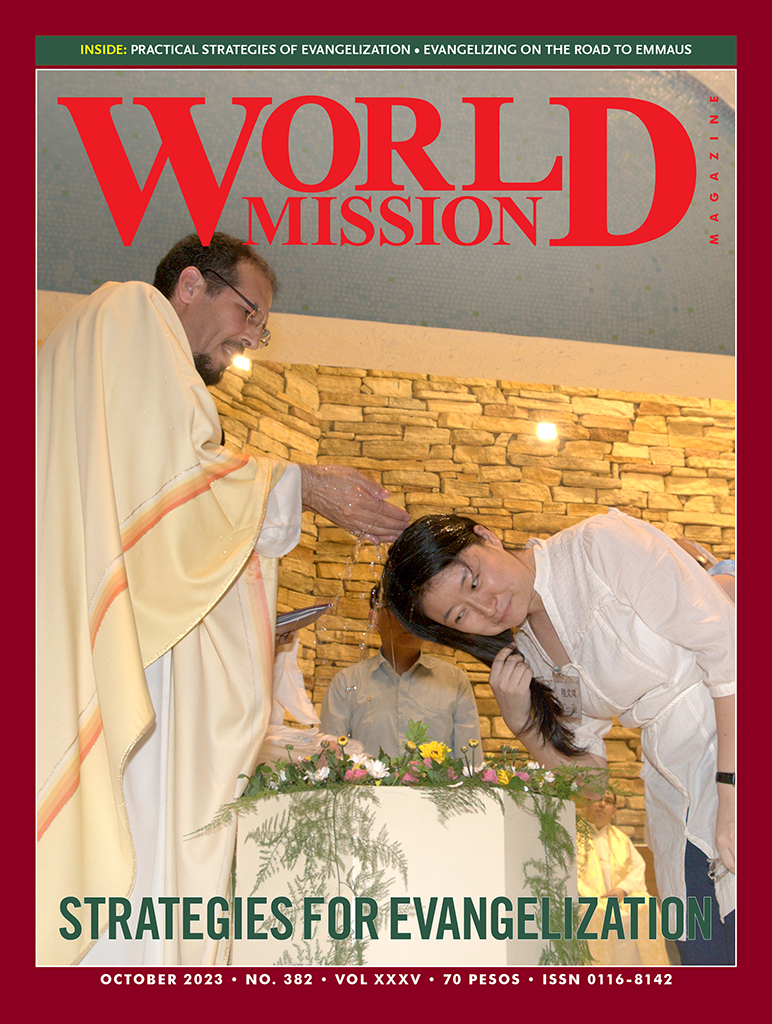

October 2023 Issue
The latest issue is reserved for paying Subscribers only.
